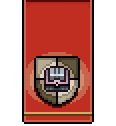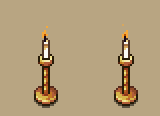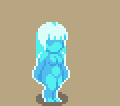Another week, and – you guessed it – more cutscene progress! As game developers, creating these final cutscenes pretty much feels like one of the most crucial parts of the whole development process. These scenes can literally make or break the player’s overall experience, so it’s important to get them right. Recently, we’ve been especifically focused on the scene where the final, final boss, Zhamla, spawns.
To approach this scene, we first created a very basic “whitebox” cutscene (meaning we used mostly sample graphics) to establish the general flow and timing. Teddy then recorded and showed this initial version to me and Fred, who came with feedback regarding the pacing, dialogue and how certain things were presented. Yes, I’m being vague here, that is the problem with trying to keep these final things ‘secret’ enough for there to be any sort of surprise when you finally get to play through them. Anyway, based on the feedback, Teddy then made the proper edits as well as adding new animations and effects as they get done.
One of the key aspects of creating any great cutscene (or pretty much any great aspect of a game at all, in my opinion) is iteration. We recognize that the initial cutscene is just the starting point, knowing there will be room for improvement as we move forward, continually seeking feedback and making changes to the scene to enhance its impact and make it as memorable as possible. This means we go through these cutscenes a lot, and while it may seem like we’re taking forever working on the same scenes, a lot of progress is being made.
Here are some of the new animations Fred’s been making for this scene:

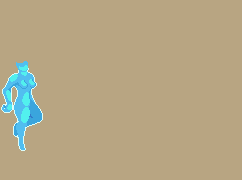
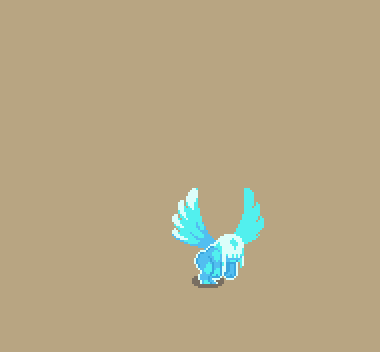
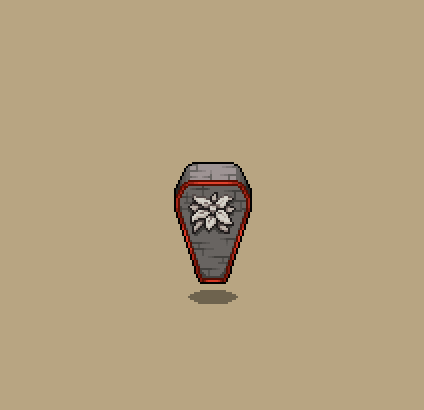
As for me, I’ve continued working on the production book.
I’ve written drafts for most of the longer sections now, detailing the economy side of a project like this as well as listing and explaining the various things that make it difficult to estimate how long any project takes to finish, especially when it’s made by a very small team. Both topics I think are highly relevant to anyone interested in becoming a indie game developer themselves, and hopefully helps shed some light on how developing a game of this scope may take longer than you may first think.
Looking back, we were very naive about the scope and how long it would take to finish this game in those early days, but now that we’re nearly there, I can definitely say the journey has been worth it. I do wish there were realistic expectations on what you can expect any game dev to accomplish within a set timeframe, though. Sure, there are geniuses out there that can complete wonderful games in no time at all, but for most people, that’s not gonna be the case. It certainly wasn’t for us, as you can tell from us still working on this even after all this time.
It’s easy for people with no insight into a game’s development process to criticise and leave angry comments on how you’re not doing a good enough job. I wish it wasn’t needed, but I’m considering adding a section on how to stay sane when dealing with people telling you how awful you are for not finishing a game they want fast enough. If I do, I’ll probably make it publicy available to help others in this situation. We do have a lot of wonderful fans that have been nothing but supportive, but I’d be lying if I said the barrage of negativity we face every week didn’t take its toll. Please remember that there are actual people reading what you write on the other side of that screen. Actual people with feelings that will get hurt, no matter how much you think you’re just trolling for fun or trying to put down people who deserve it.
For those of you that have been patient with us throughout this awfully long process, thank you from the bottom of our hearts. It means the world, and without you we’d never have gotten this far.






